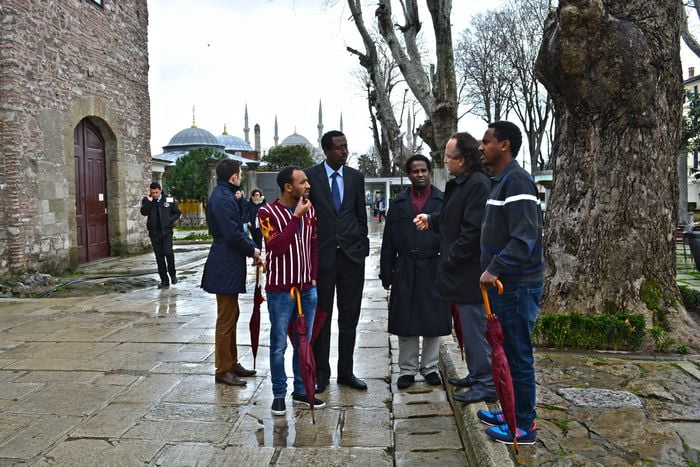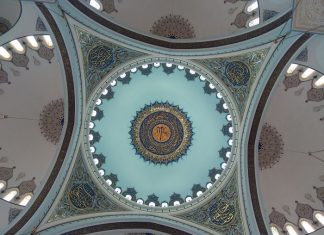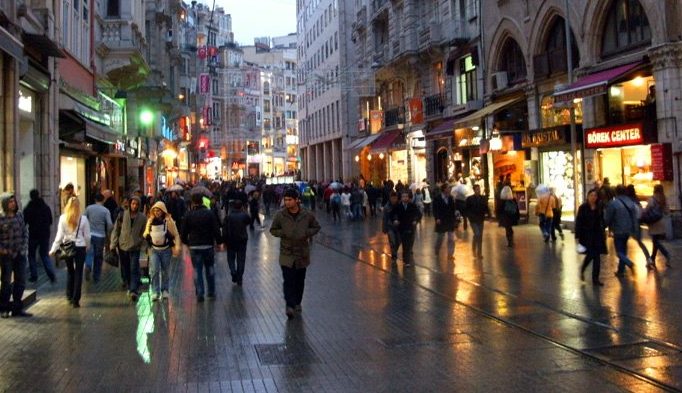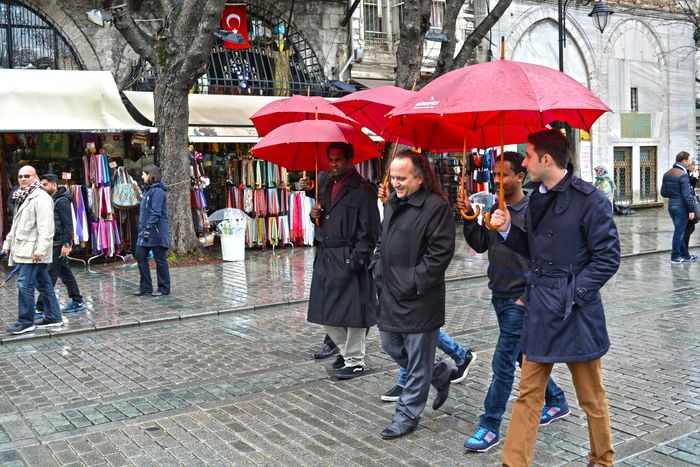The Father begets, being unbegotten. The Son is begotten, and is not the Father, and the Holy Spirit is the image of the Son. For no one can say the Lord Jesus, except in the Holy Spirit. (I Cor. 12.3) Through the Holy Spirit we know Christ, the Son of God and God, and in the Son we look upon the Father. For in things that are conceived by nature, language is the interpreter, and spirit is the interpreter of language. The Holy Spirit is the perfect and unchangeable image of the Son, differing only in His procession. The Son is begotten, but does not proceed. And the son of any father is his natural image. Thus, the natural is the first kind of image.
The second kind of image is that foreknowledge which is in God’s mind concerning future events, His eternal and unchanging counsel. God is immutable and His counsel without beginning, and as it has been determined from all eternity, it is carried out at the time preordained by Him. Images and figures of what He is to do in the future, the distinct determination of each, are called predeterminations by holy Dionysius. In His counsels the things predetermined by Him were characterised and imaged and immutably fixed before they took place.
Kata mimhsin
The third sort of image is that by imitation (kata mimhsin) which God made, that is, man. For how can what is created be of the same nature as what is uncreated, except by imitation? As mind, the Father, the Word, the Son, and the Holy Spirit are one God, so mind and word and spirit are one man, according to God’s will and sovereign rule.
For God says: “Let us make man according to our own image and likeness,” and He adds, “I and let him have dominion over the fishes of the sea and the birds of the air, and the whole earth, and rule over it.” (Gen. 1.26)
The fourth kind of image are the figures and types set forth by Scripture of invisible and immaterial things in bodily form, for a clearer apprehension of God and the angels, through our incapacity of perceiving immaterial things unless clothed in analogical material form, as Dionysius the Areopagite says, a man skilled in divine things.
Read More about Apologia of St John Damascene Against those who Decry Holy Images Part 48








